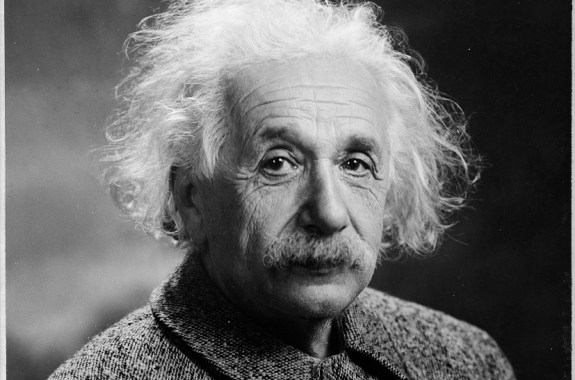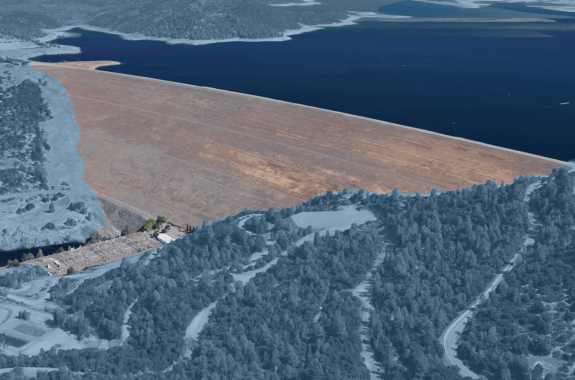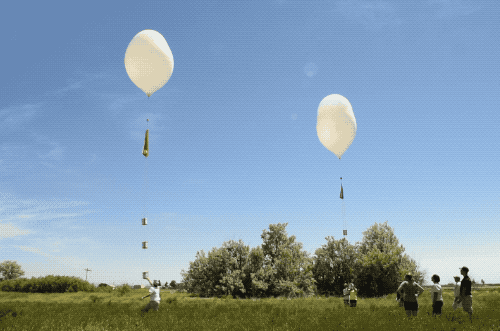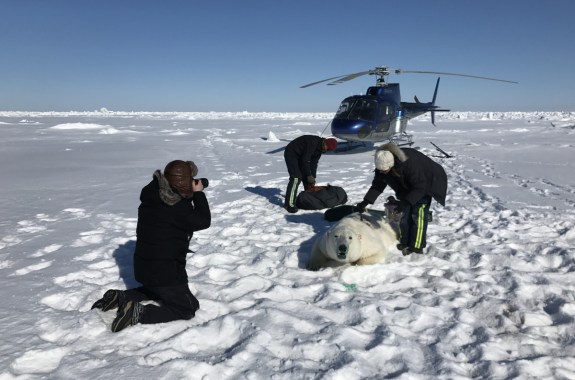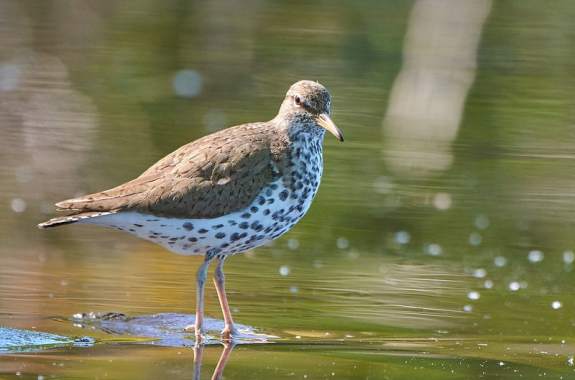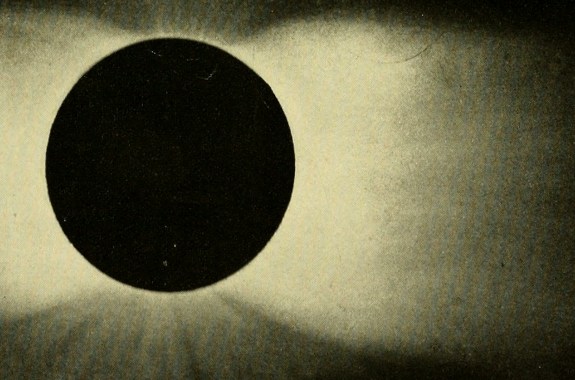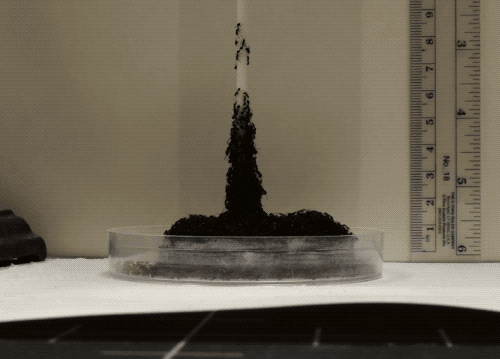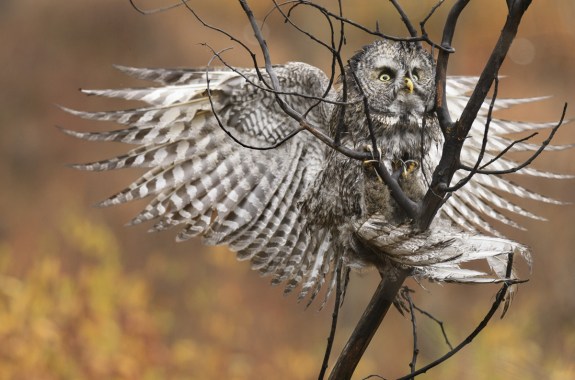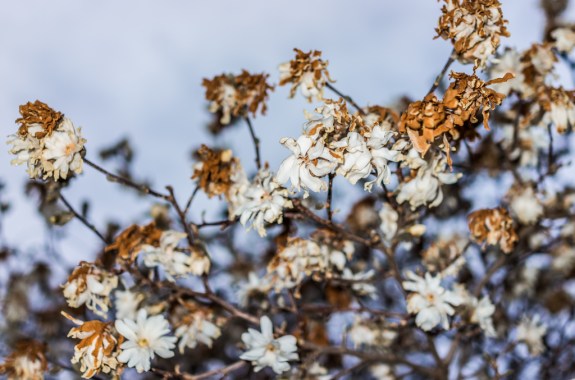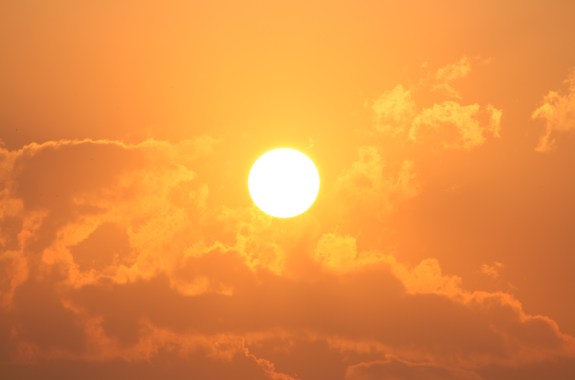6:35
A Win For Einstein, Building A Bigger Salmon, And A Newly Named Dino
Astronomers sifting through years of stellar data have found that Einstein’s theories still hold up. Plus, other stories from this week in science.
5:20
Could ‘Green Spot’ Be Sign Of Trouble For Oroville Dam?
Dan Brekke of KQED gives an update on the the reconstruction of the Oroville Dam spillway that collapsed in February.
9:56
A View Of The Solar Eclipse From The Edge of Space
NASA Eclipse Ballooning Project hopes to livestream the solar eclipse from weather balloons across the country.
How To Film A Polar Bear
As Science Friday’s Luke Groskin says, it starts with a terrifying helicopter ride.
10:21
Bird Grammar, Foxes And Ticks, And Animal Royalties
Scientists have found grammar rules matter when it comes to bird calls.
Solar Eclipses
Few astronomical phenomena are as exciting as a solar eclipse! Discover the science behind this cosmic event and learn to view it safely.
Wait, Ants Can Do That?
You’ve heard about ants’ superhuman—er—superant strength. But that’s just the beginning.
Birds Of A Feather, Photograph Together
The 2017 Audubon Photography Awards are in, and the winners are a real hoot.
How Will Climate Change Hurt The American Economy? Depends On Where You Live
Texas and Florida are in for some pain — but some places in the United States may actually benefit from climate change.
7:29
Instead Of Cooler Temperatures Post-El Niño, Scientists Clock Record Highs In 2017
Plus, could a human outrun a T-rex? And other short subjects in science.
